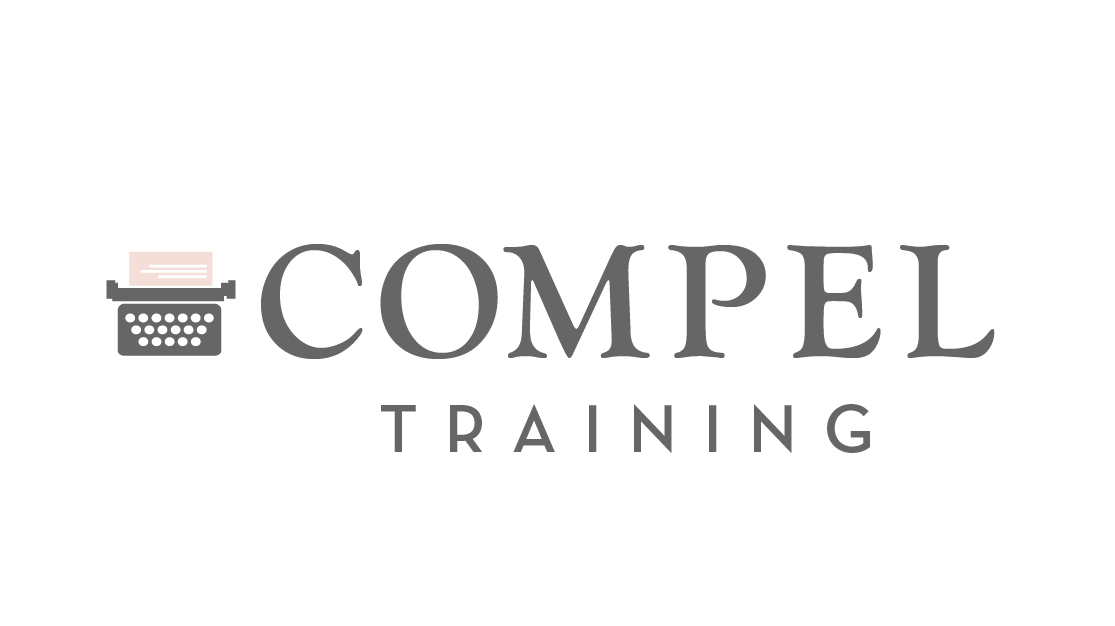Begin Your Book With the Proposal in Mind

“Begin with the end in mind.” — Stephen Covey
This well-known quote applies to writing a book.
It’s not about “The End,” the final words of your manuscript. No, we’re talking about the book proposal. If traditional publishing is your goal, you will need a proposal. Don’t think, I’ll worry about the proposal when the book’s done.
Begin with the proposal in mind.
All book proposals include these basic elements: concept, audience, author information, comparable titles and marketing plan. It doesn’t matter whether you’re a plotter (with every chapter mapped out from the get-go), a pantser (making it up as you go, by the seat of your pants), or somewhere in between. Keep the proposal in mind as you write.
- What are you writing? What’s the genre? Where would it be displayed on the bookstore or library shelf? Where will it land on Amazon’s categories? Can you put your premise into a single sentence? Craft it into a short hook that will grab an agent’s or publisher’s attention.
- Who will read your book? Short of the Bible, no book is for everyone. Are you writing to women, men or both? A specific age, education, geographic or lifestyle range? What are your readers’ interests, needs, challenges and hopes? How will your book benefit them?
- Why you? What qualifies you to write this particular book? Every proposal calls for a brief bio. They aren’t looking for your life story. Nor do they want to read, “God gave me this book.” Why, out of all the people in the world, did God put this topic or story on your heart?
Focus on your education, skills, experience and social media presence as related to your premise. What about your life journey brings a unique and worthwhile perspective?
- What makes your book stand out from all the rest? The proposal requirement for comparable titles strikes fear into many a book writer’s soul. It doesn’t have to.
- Before and as you write, pay attention to similar books. Check the table of contents, back-cover blurb, length and style. Read the reviews. Maybe even read the book. What makes yours different? Take notes. Voila! Market comparison is almost done.
- How can you help market the book? Take advantage of frequency illusion — once you focus on a product or idea, you begin to see it everywhere. As you concentrate on your book, you’ll notice all the places the topic pops up: in your circle of friends, on social media, in the news. Ask yourself, “Is there a marketing opportunity here?”
Look for potential endorsers, speaking opportunities, and options for blog posts or magazine articles. Keep a list. Start connecting, posting, blogging — the sooner, the better.
Think through these elements before you write. It’s good for the book and will give you a head start on the proposal. For nonfiction, you might opt to send your proposal to an agent or publisher before the manuscript is complete.
So … what qualifies me to write this blog post offering advice to fellow authors? Trial, error and more error. I finished my first book with nary a thought about the proposal. I struggled to pull the elements together after the manuscript was finished. Next time, I’ll work smarter. I’ll start with the end in mind.
Bless your words … bless your book!
Shirlee Abbott
Where are you on your book-writing journey? Have you started with the proposal in mind? What is the hardest part of the process?
Recommended Posts

Captivating Your Audience as a Speaker
April 23, 2024

Ever wanted to write for Proverbs 31 Ministries? Here’s how…
April 18, 2024

When Writing Feels Like a Nightmare
April 16, 2024
